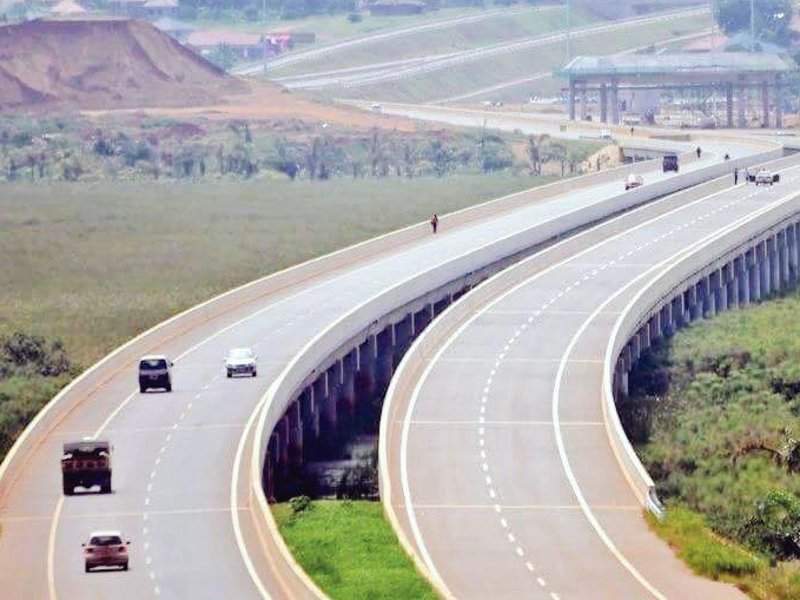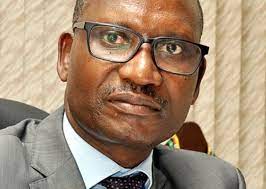TRANSPARENCY: CoST Uganda Commissions 2nd Infrastructure Transparency Index
By Yannick Zogo
YAOUNDE, Cameroon [SHIFT MEDIA] The media landscape in Africa is in a state of perpetual motion, throwing up winners and losers as quickly as technology, politics and financial opportunity will allow. It has undergone constant mutation since the start of the 1990s. The same forces that drove change in the industry over a quarter century ago are still very much in motion today, introducing new players, changing the rules of the game as they go, and constantly redefining who the main actors are and how the business is done.
These are the stand-out features of the media industry in Africa today: increasing digitalization; audience and reader segmentation; an unclear agenda for social transformation; and huge capacity gaps in the profession. There are also the significant opportunities that have come with political, economic and technological developments over the last quarter-century, along with a rapidly expanding consumer market, the availability of new and cheaper machines and equipment, growing global interest and new investors in media, and increasingly friendly regulatory environments within more open political systems.
In a little over two decades, technology as a principal driver has redefined the ecosystem and contributed to the democratization of media, taking it from the near-exclusive preserve of government and a handful of the privileged in society to anyone with real interest and a pocketful of dollars. The cost of building and operating a media house dropped significantly; the technology became accessible to most; the ability to produce and broadcast or publish came within the reach of many, and the means to create content and reach new audiences became more attainable.
As technology changed the face of media in Africa, the craft of politics also saw some radical transformations. Virtually every country on the continent underwent some level of upheaval that forced systems to open up and accommodate new currents of opinion in society. The monolithic, state-controlled discourse of yesteryear was broken in one state after the other.
Media control has become synonymous with controlling politics and as new voices entered the arena, the need for new vehicles became a virtual imperative. This was a hallmark of the nineteen-nineties. New players emerged from within the enlarged political space, from the industry itself, and from a private sector that was quick to see an opportunity where it might exist. They quickly established media enterprises and newspaper titles, launched online news platforms, and broadcasting outfits flourished. Anyone who could write a sentence and needed a job was brought into the profession and could sign off as a journalist. Most were ill-prepared for the task.
Regulatory environments were found broadly inadequate at the beginning and regulators were constantly playing catch up in the early years of the new political dispensation. Expanding online possibilities at the turn of the century quickly brought in the citizen journalists and tech-savvy content creators who now sought a share of the media consumer market.
The battle for audiences, readers, and the advertising market continues unabated. And an increasing convergence of platforms is also becoming the order of the day as professionals and non-professionals, politicians and entrepreneurs all seek to tap into the opportunities that have been brought about by new technologies and the opening up of the political space. What remains questionable is the capacity to inform, educate and entertain – that bedrock of mass media – and what the new industry actors see as a role for media in the fast-changing societies of Africa.

There is an undeclared war for the soul of media today. While it is possible to find minimal consensus on the more traditional roles of media – to inform, educate and entertain – it is almost impossible to clearly identify a common agenda for what passes for media in Africa. News organizations have been established with the sole purpose of dislodging a political opponent or government. Some have been created, with little or no market study, to respond to the employment needs of the “new” journalists who have streamed into the labor market from the growing unemployed ranks of youth coming out of colleges and universities. Yet others have come into existence quite simply to give voice to the rich and opinionated!
Emerging Technologies
New players, new technologies, rising demand for specialized content, and poor regulation have resulted not only in a cacophony of voices and an uncontrolled dementalization of the media market but also in what may be described as a purposeless media industry on the continent. It is no longer superfluous to ask what the role of media is in a society that is grappling with the challenges of globalization, new technologies, see-saw economies, and a world that is over-populating in all the wrong places. These challenges are all very present in Africa and that question – wither media? – Still seeks an urgent response.
Africa needs media that understands the transformational forces at play on the continent; that curate the social, economic and political conversations that must accompany change.
Africa needs a global media platform that tells the Africa story in ways that none other does.
The author is a Public Relations and Communications expert








